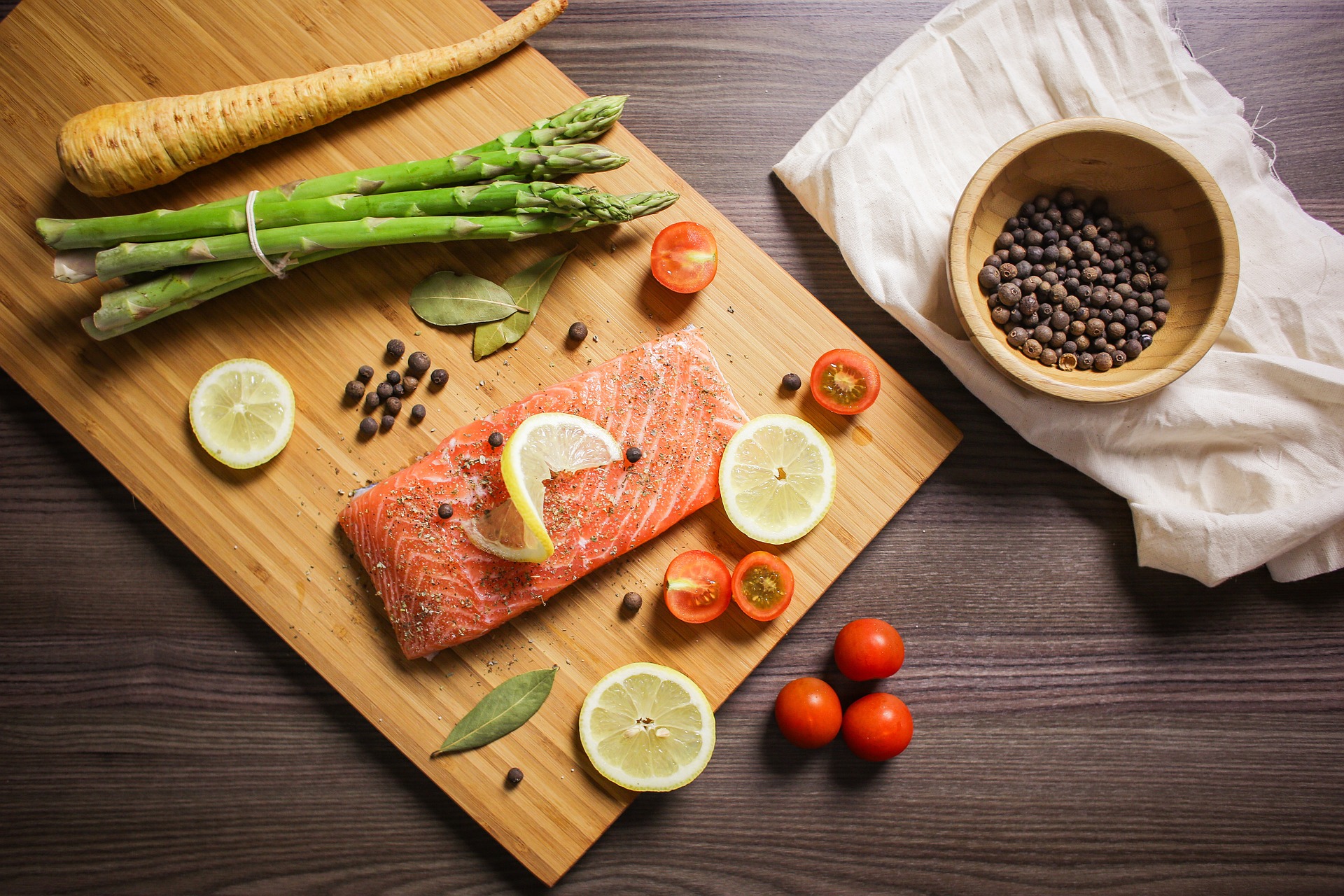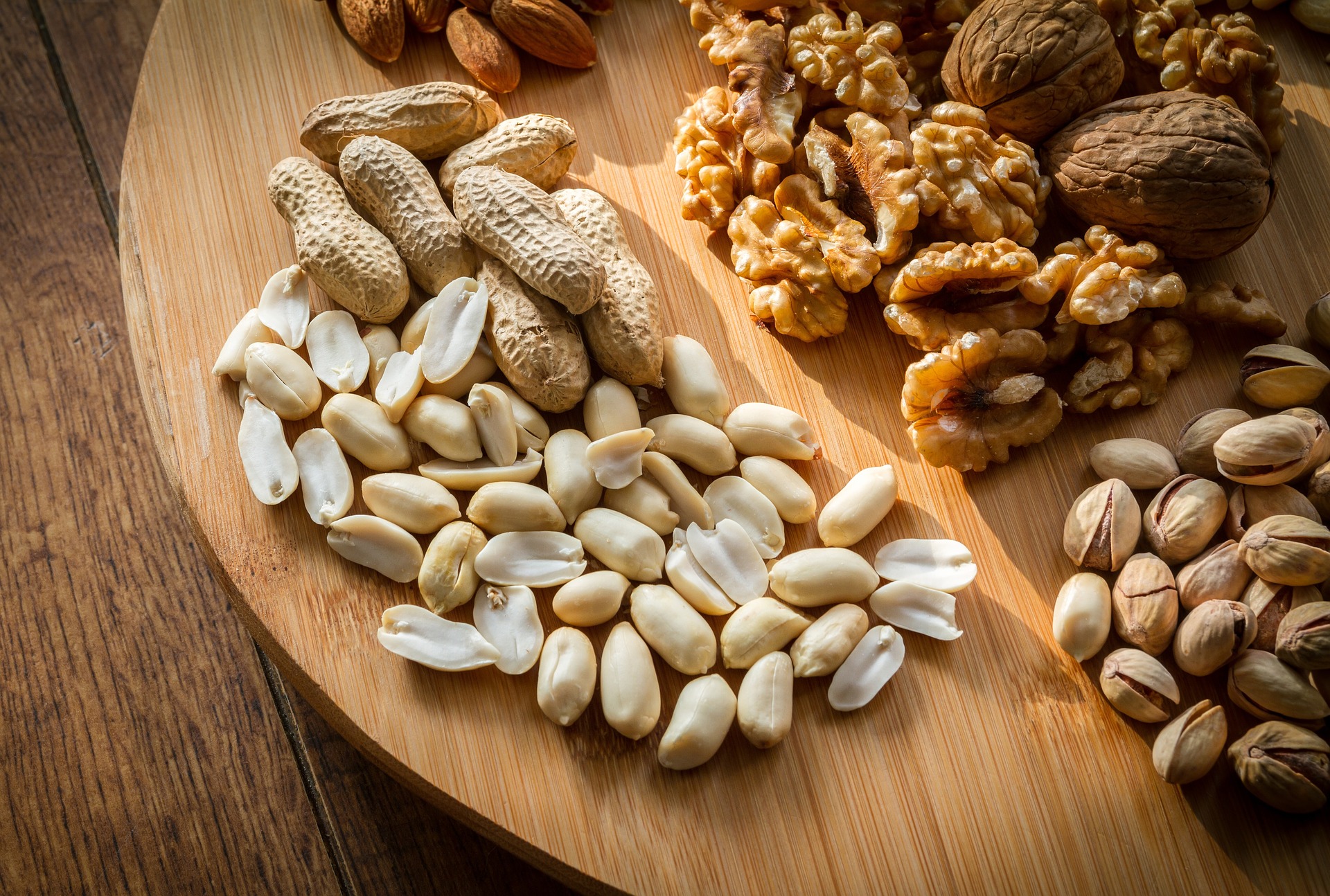Fats in everyday diet
Fats… what are good fats? Is there such a thing?
A topic that can and has caused so much confusion in the world of ‘eating healthy’…let’s see if I can help clarify some of those uncertainties.
Omega 3 fatty acids – these are polyunsaturated fats, which are not eaten enough by most people. The two important ones which deliver the most health benefits are eicosapentaenoic acid (EPA) and docosahexaenoic acid (DHA). These are primarily found in fishes such as salmon/shellfish. You can also buy Omega 3 fats in a form of a pill such as fish oil. However, these need to be kept in a dark bottle away from sunlight to prevent oxidization.
Alpha-linolenic acid (ALA) is another Omega-3 fatty acid which is found in plant sources such as nuts (walnuts), seeds (linseed, chia), and fruits (avocado). Our body can convert some ALA into more beneficial EPA and then to DHA, but only in very small amounts. Study shows ALA may prevent heart attacks, reverse atherosclerosis (hardening and narrowing of the arteries) and lower high blood pressure.
Saturated fats – these are generally found in lard and butter, which are high in cholesterol. These types of fats can increase your low-density lipoproteins (LDL) (bad cholesterol) which can lead to atherosclerosis, so they should only be eaten occasionally in small portions.
For frying purposes, never use oils with high content of polyunsaturated fat (grapeseed oil, nuts’ based oils, sunflower oil, and rapeseed or sesame oil). These types of fats are very unstable and under the influence of high temperature and oxygen, can become toxic for your body.
What oil should you use in cooking?
Plant based oils like extra virgin olive oil (monounsaturated fats) is a good choice for short and medium term frying. For higher temperatures, avocado or coconut oil is better, because of its high smoke point.
I always use cooking spray when preparing meals; you end up using a very small amount of oil and it’s quick, easy, and low in calorie!
How much fat should I include in my daily meal plan?
This very much depends on individual goals, if you are ‘cutting‘ or ‘bulking‘, have a health condition, male/female…etc. To keep it simple, it should be something between 20-35% of your daily calorie intake. For those, who do not count calories, this equates to 0.8 grams of fat per kilogram of body weight. For women, I would suggest a slightly higher quantity due to their hormonal economy.
Fat proportion in a healthy diet
Most daily fat intake should be consumed from monounsaturated fats like olive oil or avocados. Polyunsaturated fats (Omega-3, Omega-6 fatty acids) are best taken from fish, vegetable oils, seeds, nuts, and should be our second priority followed by saturated fats, which should be eaten in small amounts and kept to a minimum.
Having a varied diet might help you avoid nutritional shortages. Remember, everything in moderation is the key to staying healthy!
You are just one click away from rebooting your body.
Don't let another minute go by.
+44 (0)7716 929 146
adrian@my-coach.co
MY COACH
FOLLOW
2016 © my-coach.co | Copyright information | Terms of Use | Privacy & Cookies | Terms & Conditions
made by kamrowsky

